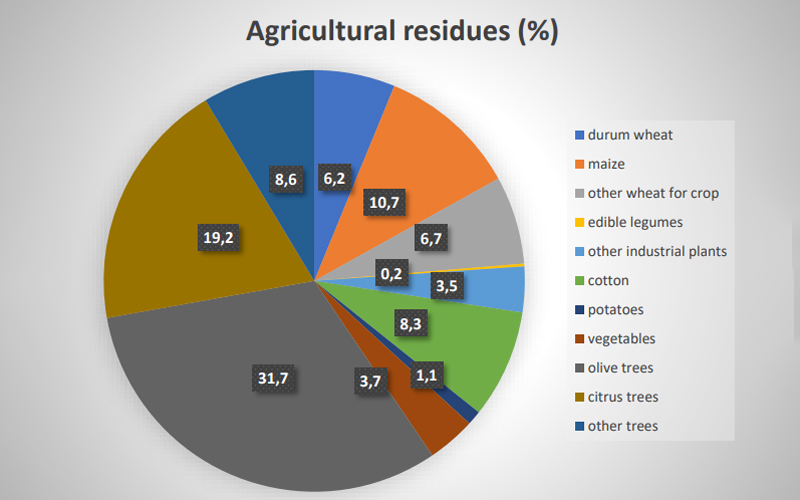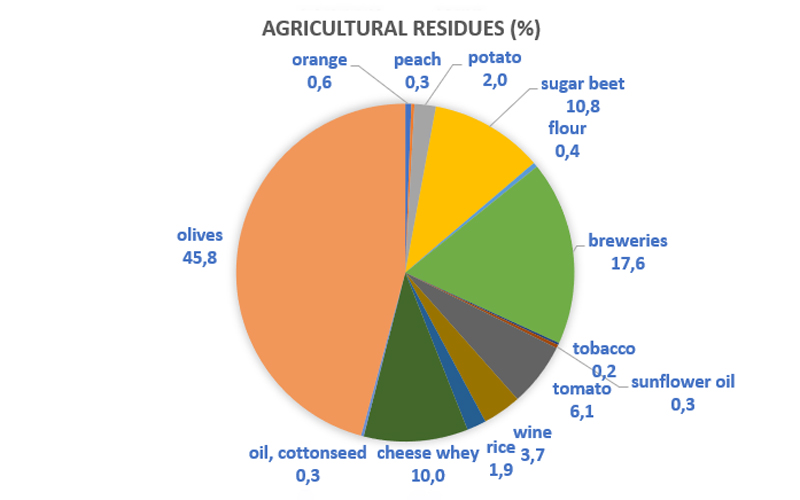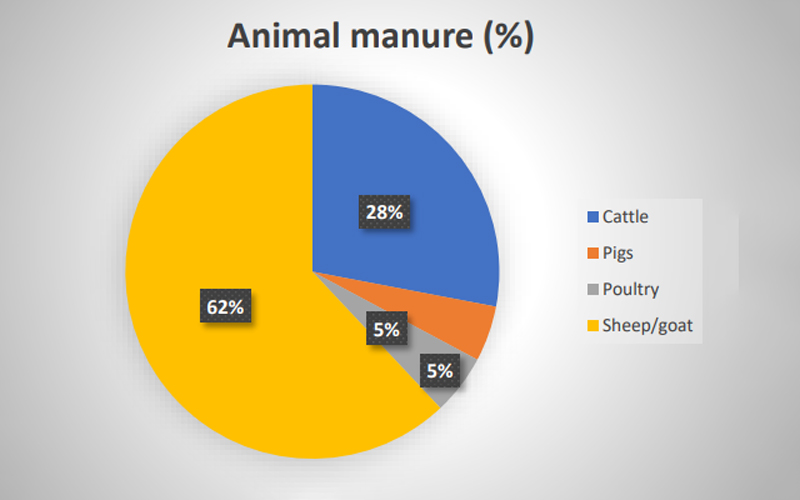Expected Impact
Expected Impact
B iomass exploitation is critical for the economies of both China and Greece. Independence on domestic or imported fossil fuels is important for both countries as it reduces exporting capitals, minimizes costs for pollution control and bolsters up economic autonomy leaving space for the development of new renewable technologies.
Clean biomass technologies support sustainable development, protect the atmosphere and seas for further development of touristic activities (important for both countries, but especially for Greece), propels population decentralization and gives promises for new sites of employments and regional economic growth. The production of renewable biogas is recognized globally as an appropriate substitute of fossil natural gas in the industrial and residential sectors. The present project steps up on this international trend and moves further to the development of required infrastructures for the conversion of biogas into hydrogen, useful bio-products and electrical energy in SOFCs.
Researches on methane (biogas) dry reforming and SOFCs are nowadays at the crest of the international interest as one can easily verify by the plethora of journal papers published annually on these subjects. Biogas dry reforming is the intermediate step for the conversion of the available biomass substrates into hydrogen and liquid fuels (Fischer-Tropsch synthesis). Recent research focuses on the development of cheap Ni-based catalysts over appropriate oxide supports and the key issue is to avoid catalyst deactivation due to low temperature carbon deposition. Endeavors for the development of appropriate Ni catalysts and oxide supports are continuous also by our research groups and the present project is expected to provide a means for important findings and significant results after completion. Of equal importance is the development of an external or internal reforming SOFC fed by syngas or biogas which will allow central or decentralized electricity generation with efficiency unattainable by most conventional power generation technologies. To these ends research projects of both experimental and theoretical nature are necessary so as to speed up scientific understanding and technology commercialization.
The experimental and theoretical outcomes of the project SYNAGRON will allow the practical development of an innovative, autonomous and automated processing plant for the efficient conversion of any available agricultural waste matter into bio-products and energy. These plants may then be available in small size and low cost for decentralized use by farmers or farmer groups or may be scaled up for use by enterprises or under state control.





